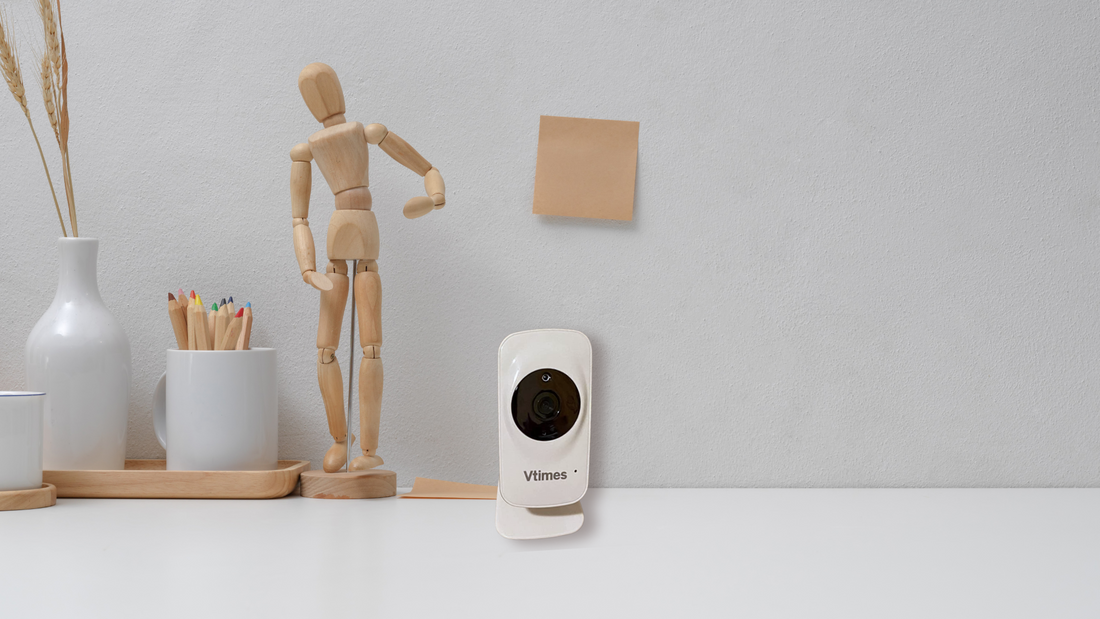
Growing and Learning: 5 Months, Week 4
Baby hand control
At 5 months, your baby is working hard on hand control, and this is a big step in their development. Around 6 months, most babies can rake a small object toward themselves, even if they don’t quite grab it yet. You can support this skill by placing toys just within reach and letting your baby practice bringing them closer. Soon, they’ll begin passing objects from one hand to another, opening a whole new world of play.
With so many exciting skills developing, it’s helpful for parents to observe these little moments closely. This is when a VT31-2 Baby Monitor can be useful – giving you the freedom to step away while still keeping an eye on your little one’s progress.
Your baby’s babble
Your baby now sees and hears almost as well as you do, and their communication skills are blossoming. You may hear squeals, bubbling sounds, and even repeated syllables like “ba,” “ma,” or “ga.” Encourage them by babbling back, making it fun with animal sounds or by pointing out objects around the room. Every response you give strengthens their connection with you and motivates them to keep practicing.
Listening to your baby’s babble is one of the sweetest parts of parenthood. If you’re in another room, a VT31-2 Baby Monitor helps you catch those first “conversations” even when you’re not right beside them.
Teething and comfort
Most babies start teething between 6 and 10 months, though some may sprout a tooth as early as 3 months. Teething can make your baby fussy, disrupt sleep, and cause drooling. Offer safe items to chew on, like teething rings or chilled washcloths, and comfort them with gentle gum massages.
Sleep for both of you
After months of interrupted nights, sleep deprivation can feel overwhelming. Try establishing bedtime routines, sharing nighttime duties with your partner, and catching short naps during the day. Taking care of your own rest is just as important as caring for your baby’s needs.
Vaccinations
Around the 6-month checkup, your baby may be due for several vaccines, such as HepB, DTaP, PCV, Hib, and rotavirus. These protect against serious illnesses and are an important part of your baby’s health journey. Talk with your pediatrician about what’s scheduled and how to make the experience smoother.
Every baby is unique
Developmental milestones offer guidance, but every baby grows at their own pace. Premature babies often take a little longer to reach certain stages. If you’re unsure about your child’s progress, your healthcare provider can help answer questions and give reassurance.
Why baby monitor?
A baby monitor is more than just a gadget – it’s a tool that supports both parents and babies. For parents, it offers peace of mind: you can rest, work, or do chores without constantly checking the nursery. For babies, it creates a safer environment, since you’re alerted to sounds, movements, or changes right away. Especially during milestones like babbling or practicing hand control, a monitor lets you witness those moments while still keeping balance in your own daily life.
Source: https://www.babycenter.com/baby/month-by-month/your-5-month-old-week-4_1495739
